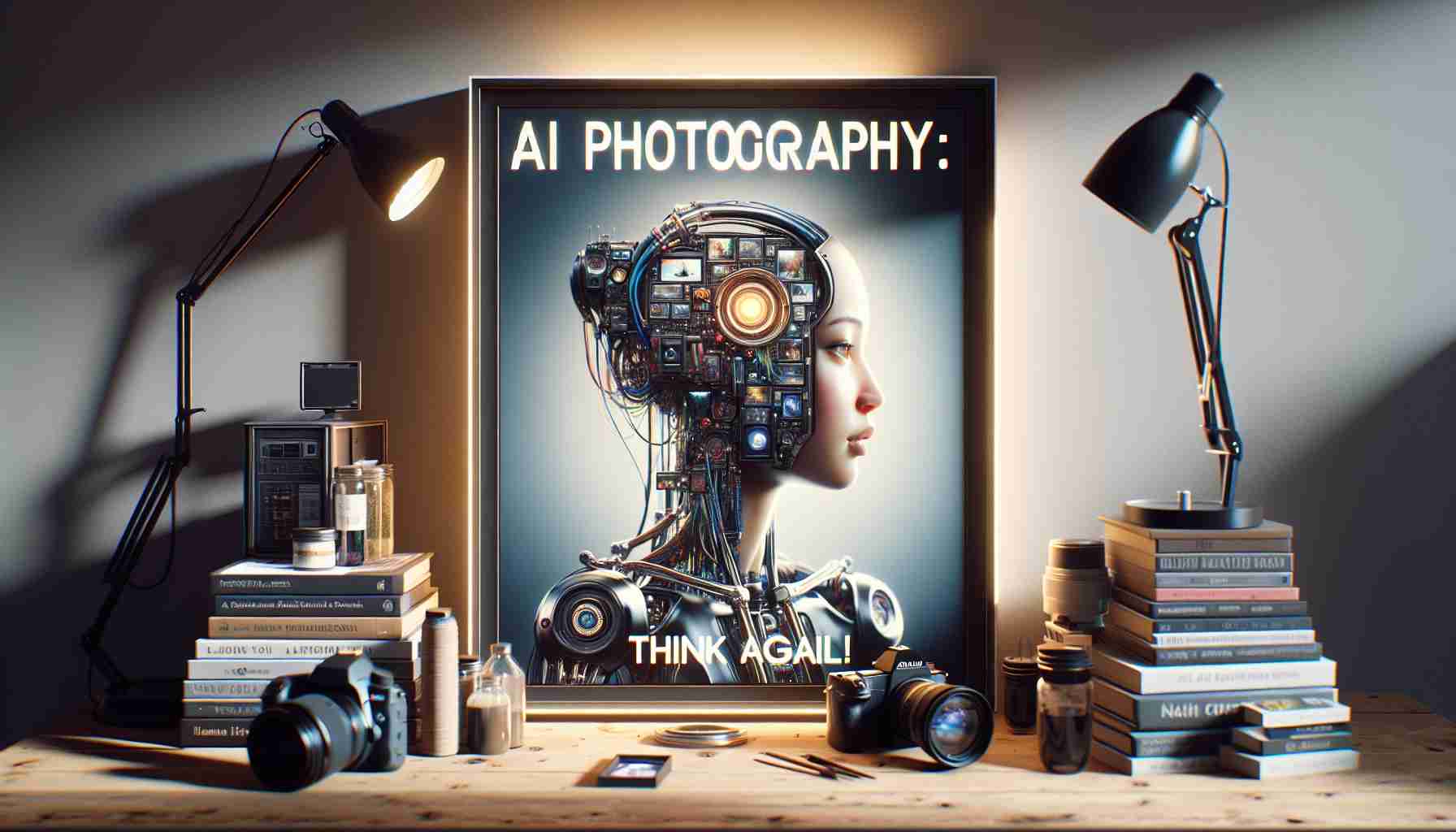The Illusion of Creativity in AI Photography
The rise of AI-generated photography has sparked a whirlwind of debates about authenticity and artistry. Many are questioning whether these digital creations truly reflect creative endeavor or merely serve as shortcuts for those unwilling to invest time in honing genuine skills.
Critics argue that generative AI systems, although impressive in their output, rob real photographers and artists of recognition and reward. These technologies operate by remixing vast libraries of existing images, often taken without proper attribution from hardworking creators. This process raises serious ethical concerns about ownership in the digital age.
Moreover, the allure of instant gratification perpetuated by AI is viewed as a detriment to the true art of photography. The meticulous process of capturing, editing, and perfecting an image often takes years of practice, a fact that AI systems conveniently overlook. By making creation seem effortless, they risk undermining the significant investment of time and resources that genuine artists pour into their craft.
For digital artists, mastering tools and techniques is commendable, yet relying solely on abstractions generated by AI could cloud the distinction between real artistry and automation. As audiences absorb these AI outputs, it becomes essential to recognize the blurred lines between authentic creativity and digital mimicry, ensuring that appreciation for genuine artistic labor remains at the forefront of this evolving landscape.
The Rise of AI in Photography: Innovation or Imitation?
The advent of artificial intelligence (AI) in photography is reshaping the artistic landscape, raising pertinent questions about creativity, authenticity, and the evolution of digital art. While AI-generated photography presents innovative possibilities, it simultaneously ignites debates about the essence of artistry and the value of human skill.
Key Features of AI Photography
AI photography leverages advanced algorithms and machine learning to create images that can resemble the work of human photographers. Some of the standout features include:
– Image Remixing: AI systems can analyze and synthesize vast databases of photographs, developing new compositions that blend various styles and elements.
– Speed and Efficiency: AI technologies can generate images almost instantaneously, appealing to businesses and individuals looking for quick results.
– Customization: Users can input specific requests for styles, themes, and subjects, allowing AI to produce tailored artworks.
Pros and Cons of AI-Generated Photography
Pros:
– Accessibility: AI tools democratize the art of photography, allowing those without formal training to create visually appealing images quickly.
– Inspiration and Ideation: Artists can use AI as a tool for brainstorming ideas or overcoming creative blocks.
Cons:
– Ethical Concerns: The use of existing images without proper attribution raises questions about intellectual property and respect for original creators.
– Dilution of Skill: Relying on AI may diminish the emphasis on learning traditional photography techniques, potentially leading to a loss of craftsmanship.
Use Cases for AI Photography
AI-generated imagery has found applications across various industries, including:
– Advertising and Marketing: Brands utilize AI-generated visuals for campaigns, enabling rapid production of marketing materials.
– Social Media: Content creators leverage AI tools to generate eye-catching images that attract followers and engagement.
– Entertainment: In the film and gaming industries, AI can create stunning visual effects or concept art, enhancing storytelling and experience.
Limitations of AI in Photography
Despite its advantages, AI photography is not without limitations:
– Lack of Originality: AI often struggles to produce truly innovative concepts, leading to concerns that it only remixes existing ideas rather than creating something new.
– Emotional Depth: AI lacks the emotional intelligence that human photographers bring to their work, often resulting in images that feel sterile or devoid of personal connection.
Market Trends and Predictions
As the technology behind AI photography continues to evolve, several trends are emerging:
– Increased Collaboration: Expect to see more collaborations between human artists and AI, blending traditional techniques with advanced technology to push creative boundaries.
– Growing Demand: Companies and individuals will likely continue to seek out AI-generated content for its efficiency, leading to increased competition in the market.
– Ethical Frameworks: As discussions about copyright and artistic ownership continue, there may be a push for new regulations and ethical guidelines to protect original creators.
Conclusion
The rise of AI in photography presents a complex tapestry of innovation and imitation. While it opens new avenues for creativity and accessibility, it also poses significant ethical dilemmas and challenges the very definition of artistry. As the intersection of technology and creativity evolves, it remains crucial for audiences and creators alike to engage in dialogues about authenticity, recognition, and the value of genuine artistic processes.
For more insights on digital art and photography techniques, visit Digital Art World.
